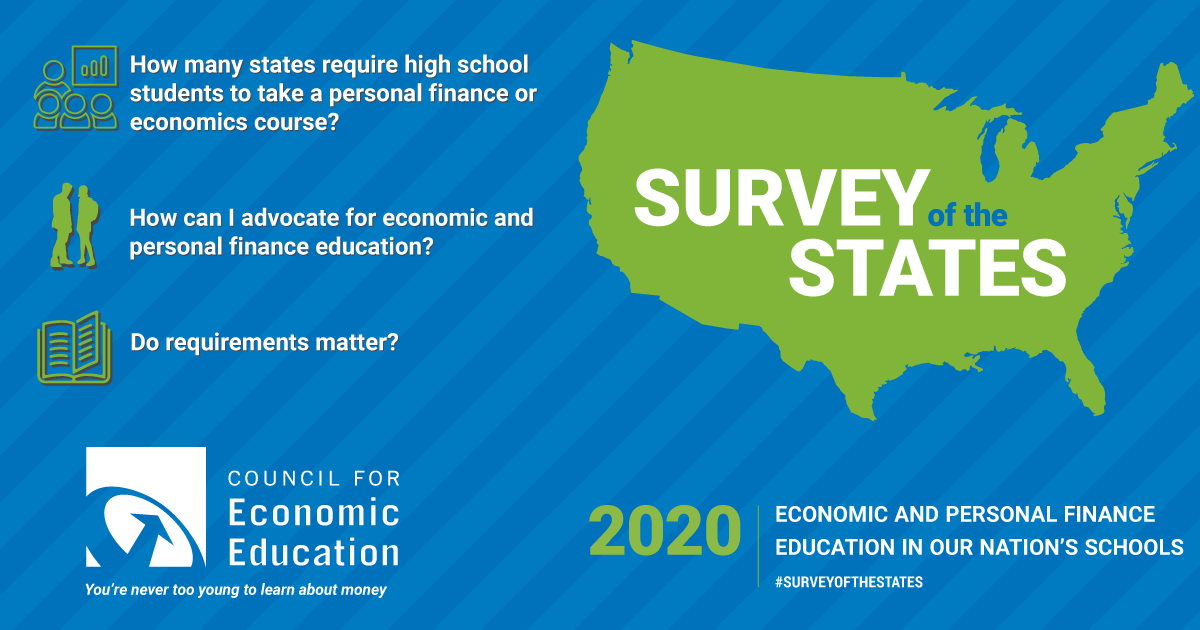They have actually efficiently eradicated the possibility of a bank based in a little jurisdiction, not capable of exercising consolidated supervision, becoming a significant player in global markets. Although BCCI was a considerable bank and its failure might have had substantial systemic results, in truth it did refrain from doing so. Nevertheless, a high degree of coordination is required in between "home" and "host" supervisory authorities. Furthermore, staying supervisory spaces combined with heterogeneous accounting requirements might be an obstacle to effective consolidated supervision of overseas banking activities in practice. Certainly, effective combined supervision is among the more challenging elements of guidance to carry out in practice - How to find the finance charge.
Indeed, out of these nations for which combined supervision was relevant, only 28 percent were ranked completely or largely certified, with 72 percent found seriously desiring. One Continue reading contribution to this weakness is the absence of consolidated accounting and reporting, together with distinctions in accounting requirements. Supervisory coordination is revealed to be another important component, rather better implemented but still weak in many instances. Suggestions for action following the 1998 Basel Committee's survey to evaluate execution of the Core Concepts are currently being considered by the Basel Committee (Which results are more likely for someone without personal finance skills? Check all that apply.). The Committee is now thinking about, versus the evidence from application, how far the spaces referred to above and any others must lead to an upgrading and/or fine-tuning of the 29 suggestions of the 1996 Report.

More just recently, the emphasis has actually been on the extension of the FATF's work to crimes besides those associated with drugs, including some financial criminal offenses. The FATF's 40 recommendations have happened acknowledged as a statement of finest practice in the fight against money-laundering. How long can you finance a used car. The Job Force has actually also motivated the formation of regional groups, the very first of which was the Caribbean Financial Action Job Force https://raymondkjkr714.wordpress.com/2021/10/11/the-ultimate-guide-to-what-to-do-with-a-finance-major/ (CFATF), and which includes the significant OFCs because region. The CFATF has actually also published a list of 19 suggestions in addition to the FATF's 40, much of which handle elements germane to organization in OFCs.
The FATF's Advertisement Hoc Group on Non-Cooperative Jurisdictions was established in 1998 to establish a typical procedure for FATF members to evaluate whether jurisdictions are working together with FATF anti-money laundering efforts. This work was settled on June 22, 2000, when the FATF released a report that included a list of 15 non-cooperative jurisdictions. The U.N. Offshore Forum is a 1999 effort of the U.N.'s Workplace for Drug Control and Criminal offense Avoidance to deny wrongdoers access to OFCs for the function of laundering the profits of criminal activities. The Online forum's program looks for political dedication from OFCs towards the adoption of minimum performance requirements.

The Forum's program was set out to the worldwide financial neighborhood in March 2000 during its Plenary Meeting in the Cayman Islands. The OECD Committee on Fiscal Affairs (CFA) has actually developed the Forum on Harmful Tax Competition under the aegis of the G-7, which, given that the Birmingham Summit of Might 1998, put a higher focus on the requirement to step up global cooperation to boost the effectiveness of attempts to avoid the erosion of the get more info capability of major countries' tax authorities to tax the earnings and capital of their citizens. The OECD's Online forum was developed as the outcome of the OECD Might 1998 report on Harmful Tax Competition and it was designated responsibility, inter alia, for undertaking a continuous examination of existing and proposed preferential tax regimes in OECD member and non-member nations, and examining whether particular jurisdictions constitute tax sanctuaries.